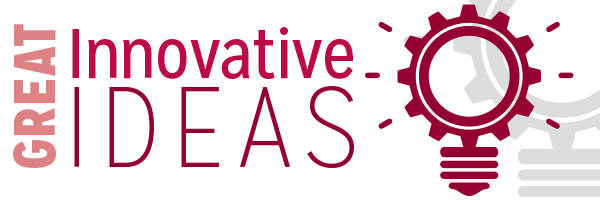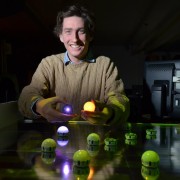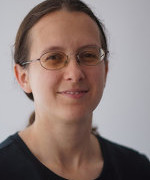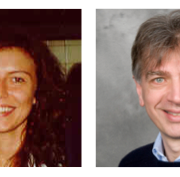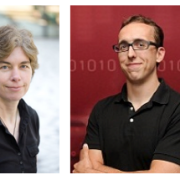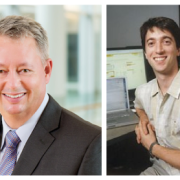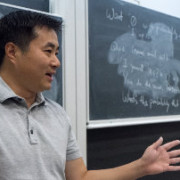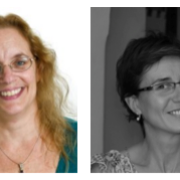Machine teaching is machine learning turned upside down: it is about finding the optimal (e.g. the smallest) training set. For example, consider a “student” who runs the Support Vector Machine learning algorithm. Imagine a teacher who wants to teach the student a specific target hyperplane in some feature space (never mind how the teacher got this hyperplane in the first place). The teacher constructs a training set D=(x1,y1) … (xn, yn), where xi is a feature vector and yi a class label, to train the student. What is the smallest training set that will make the student learn the target hyperplane?
The following Great Innovative Idea is from Dr. Xiaojin (Jerry) Zhu, Associate Professor of Computer Science at University of Wisconsin-Madison.
Zhu’s paper Machine Teaching: an Inverse Problem to Machine Learning and an Approach Toward Optimal Education won the Computing Community Consortium (CCC) sponsored Blue Sky Ideas Conference Track series at the 29th Association for the Advancement of Artificial Intelligence (AAAI) Conference on Artificial Intelligence (AAAI-15), January 25-30, 2015 in Austin, Texas.

